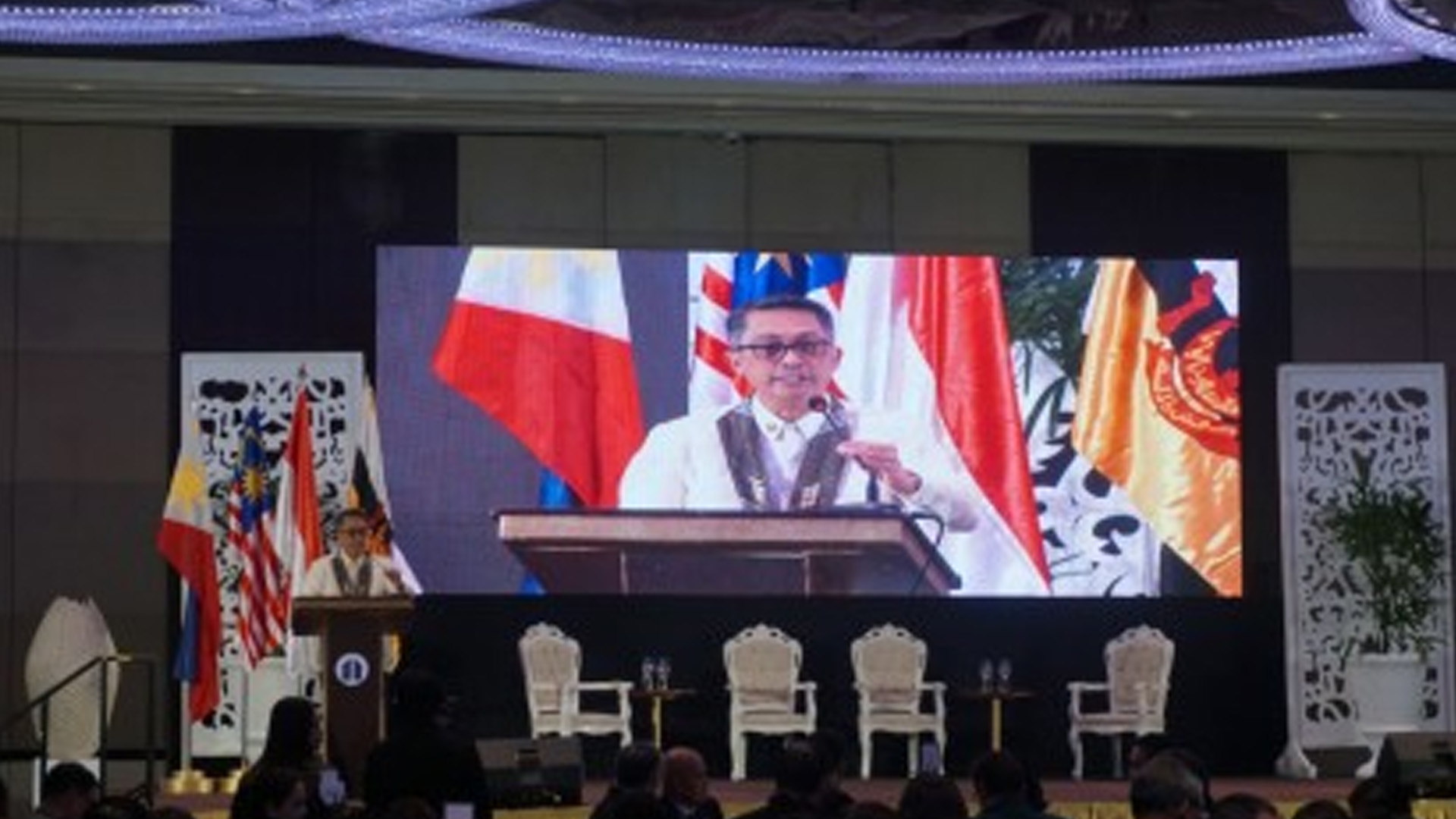Mindanao’s potential to become a global halal industry powerhouse is not far from reality given its strategic location and its relationship with its neighboring countries, particularly with the Brunei Darussalam–Indonesia–Malaysia–Philippines East ASEAN Growth Area (BIMP-EAGA) sub-region.
Mindanao Development Authority Secretary and Philippine Signing Minister for BIMP-EAGA Leo Tereso Magno highlighted Mindanao’s potential during the first Philippine Chamber of Commerce and Industry (PCCI) BIMP-EAGA Trade, Investment, and Halal Industry Conference at the Manila Hotel on Tuesday.
Magno said more than half of the awardees in this year’s National Commission on Muslim Filipinos’ awarding of halal certifying bodies are from Mindanao.
He also noted the increasing number of halal laboratories across the country – through the efforts of the Department of Science and Technology and Ministry of Science and Technology in Bangsamoro Autonomous Region in Muslim Mindanao.
“Bringing this conference here in Manila is strategic for us from Mindanao. The goal is to easily gather our business and government leaders based here, and give a glimpse of Mindanao’s potential as the country’s hub for halal production given our cultural ties with the BIMP-EAGA,” Magno said.
He also reiterated President Ferdinand R. Marcos Jr.’s position during his state visit to Brunei Darussalam earlier this year to pursue a “robust halal industry”.
In the visit, Marcos noted BIMP-EAGA as one of the mechanisms to enhance the integration of halal supply chains.
BIMP-EAGA’s strength – boasting the world’s largest concentration of major tropical tree-crops, abundance of marine products, and its strategic location within the coral triangle – underscores the sub-regions’ role in the global economy.
Magno said with Mindanao as the common denominator, the island-region is the most logical location for halal food production in the Philippines.
Meanwhile, Magno said the success of BIMP-EAGA and Mindanao relies on the cooperation and the assistance of the private sector, thanking the PCCI and other stakeholders for initiating conferences such as this event.
He also vowed to help the private sector and other stakeholders, particularly the micro, small, and medium enterprises by providing assistance for those seeking halal certification.
“Please remember that the Mindanao Development Authority is your partner — your partner in progress. Whatever we can do, our doors are open… It is our job to assist you,” he said.
The halal industry is also getting a push from the Department of Tourism (DOT), which encourages local food and beverage establishments and accommodations to be Muslim-friendly.
Such efforts have secured the Philippines the “emerging Muslim-friendly destination” title for two consecutive years.
The DOT is eyeing to release a memorandum circular, recognizing local businesses as “Muslim-friendly” or “halal certified” by the end of 2024.
Enhanced cooperation
During the conference, chambers of commerce from BIMP signed an agreement to enhance trade and investments in the BIMP-East ASEAN Growth Area (EAGA).
The Memorandum of Cooperation (MCO) was signed by the National Chamber of Commerce and Industry of Brunei Darussalam, the Indonesian Chamber of Commerce and Industry, the Malaysian International Chamber of Commerce and Industry – Sabah branch, BIMP-EAGA Sarawak Association, and the PCCI.
They agreed to cooperate to promote productive interaction among the business sectors of the BIMP-EAGA to expand the flow of goods and services and generate more investments within the sub-region, particularly for the development of the halal industry.
Under the MOC, the parties agreed to share and exchange appropriate information, such as market trends and economic and business-related policies, and conduct joint conferences, seminars, forums, study tours, and similar activities.
They also agreed to organize outbound or host inbound trade and investment missions and conduct business-matching and similar activities.
“This MOC shall formalize our commitment to work together to expand trade, investment, and industrial collaboration, leveraging the unique strengths of each country to achieve shared prosperity in BIMP EAGA,” PCCI President Consul Enunina Mangio said.
“Our region is rich in resources, talents, and opportunities that, when harnessed through strategic collaboration, can lead to mutual growth and prosperity. Expanding trade and industry collaboration is essential for creating a more integrated and competitive BIMP EAGA.” (PNA)







